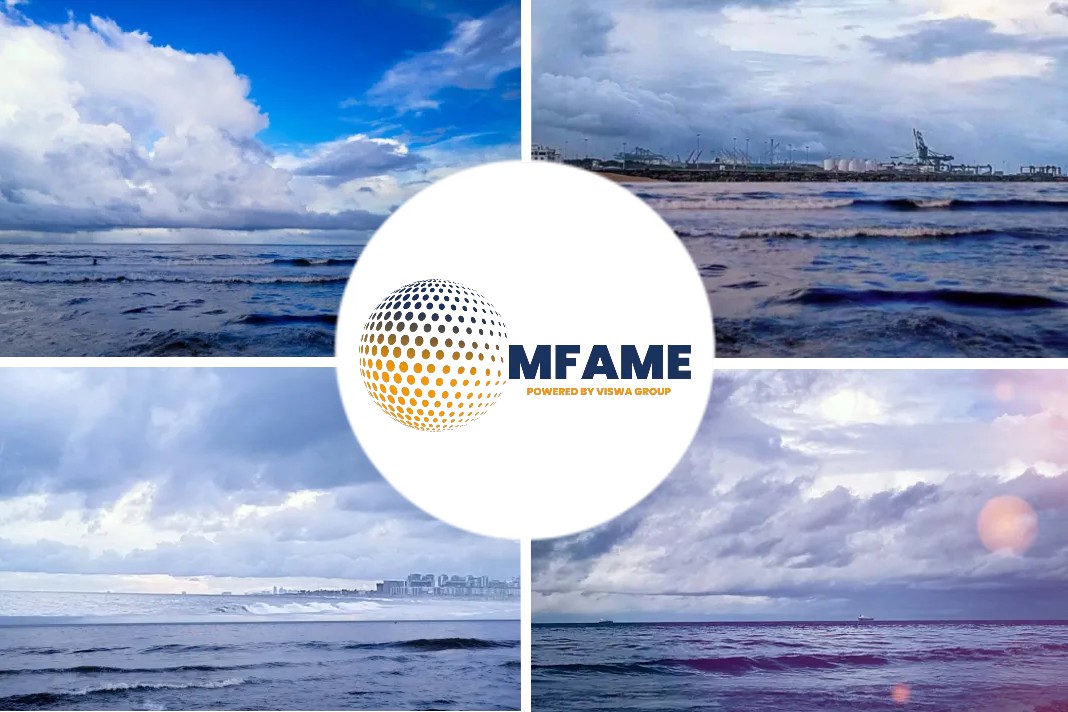Wärtsilä explains about how a step-by-step approach can help you meet maritime’s biggest challenges through ‘Smart Autonomy.’
Autonomous Shipping
The term autonomous shipping conjures up an image of fleets of unmanned vessels transporting cargo and passengers across the world’s oceans. But in reality, the path from manual to autonomous operations very likely is incremental.
Smart systems with autonomous components are already enhancing the safety, cost efficiency and environmental performance of vessels, addressing the significant challenges currently facing the global maritime industry.
Safety is always top priority
The 2019 Shell Zero Incident report found that on average shipping is 20 times more dangerous than onshore work and five times more dangerous than working in construction. Perhaps because of their ever-increasing size and number, cargo ships are involved in more incidents and accidents at sea than other vessels and represent half the vessels lost in the past decade.
Over two thirds of 4,104 accidents analysed by the European Maritime Safety Agency in 2019 were due to human error, which was also responsible for 75% of shipping insurance losses, equivalent to US$1.6 billion, according to insurer Allianz. This can be explained to some extent by physical challenges such as extreme weather and difficult working conditions.
Digital transformation has also changed the way vessels are managed; moving some decision-making capability ashore may potentially delay incident response, which then relies on ship-to-shore connectivity and the availability of the full picture onshore.
Autonomy accelerated
In 2020 the COVID-19 pandemic accelerated digitalisation through technology designed to minimise the number of officers and crew on board a ship, such as remote guidance and maintenance systems. The pandemic highlighted the role of effective fleet and vessel management, for example in co-ordinating safe crew changeovers.
Environmental targets are reshaping the maritime industry. In 2018 the International Maritime Organisation committed the global shipping fleet to halve greenhouse gas emissions by 2050 and by 2030 to cut emissions from new and existing ships by 40% compared with 2008 levels.
Meanwhile, the Poseidon Principles and the Sea Cargo Charter link ship finance and cargo to responsible environmental behaviour, to promote the decarbonisation of international shipping.
Finally, crew recruitment is becoming increasingly difficult. Global ship owner association BIMCO has reported a growing shortage of qualified officers as the popularity of seafaring as a career declines, and forecasts that wage pressure is likely to increase as demand outstrips supply.
Did you subscribe to our daily newsletter?
It’s Free! Click here to Subscribe!
Source: Wartsila



















